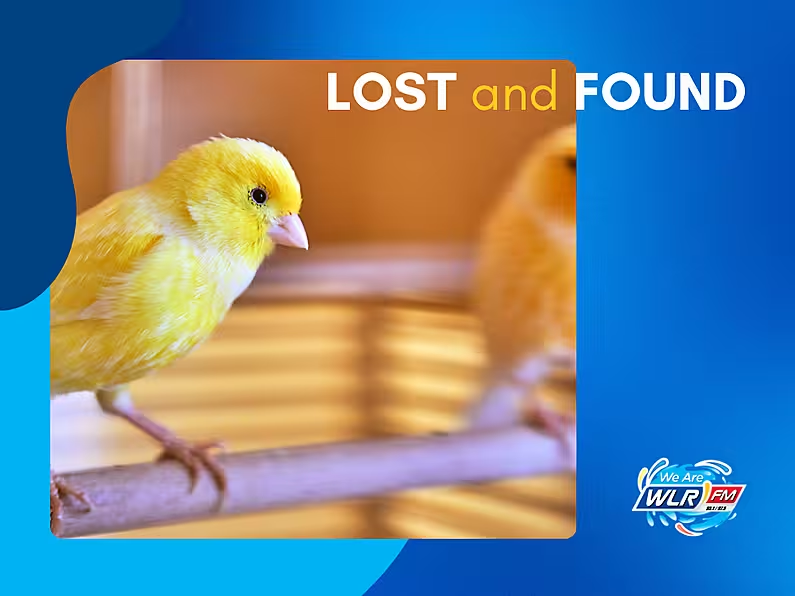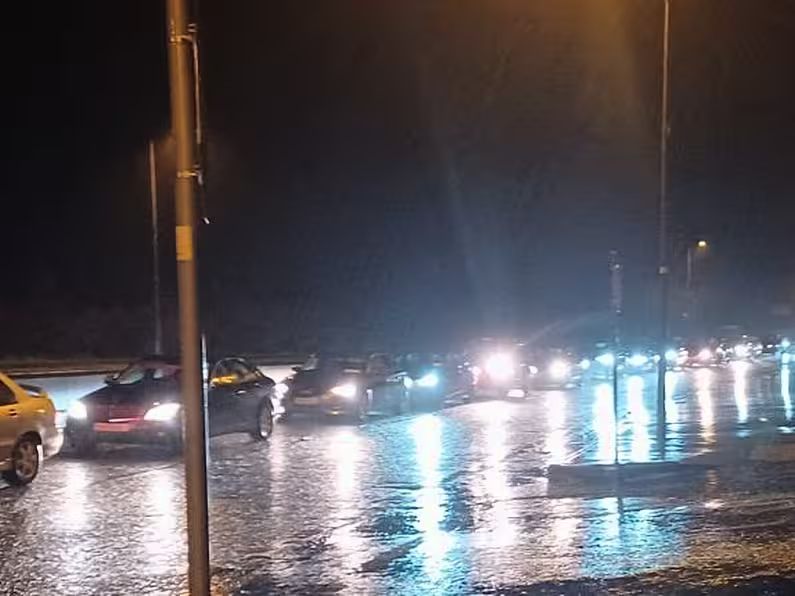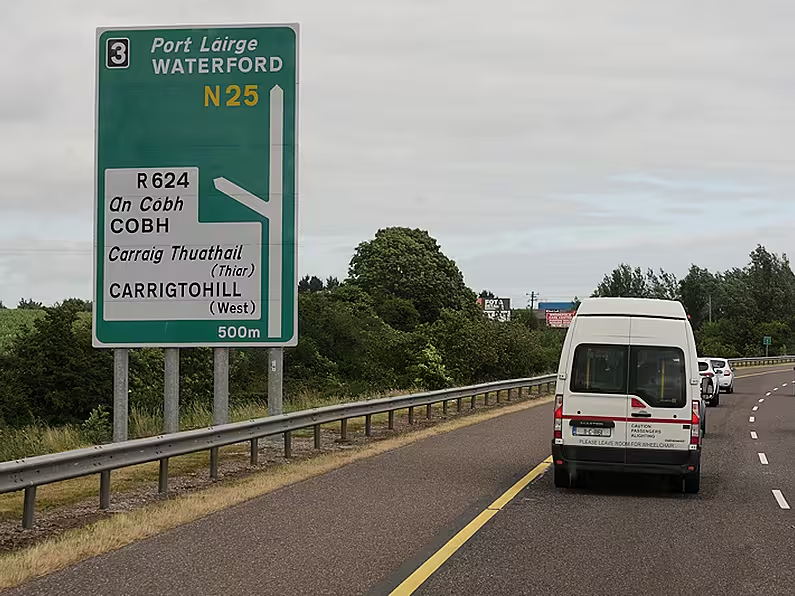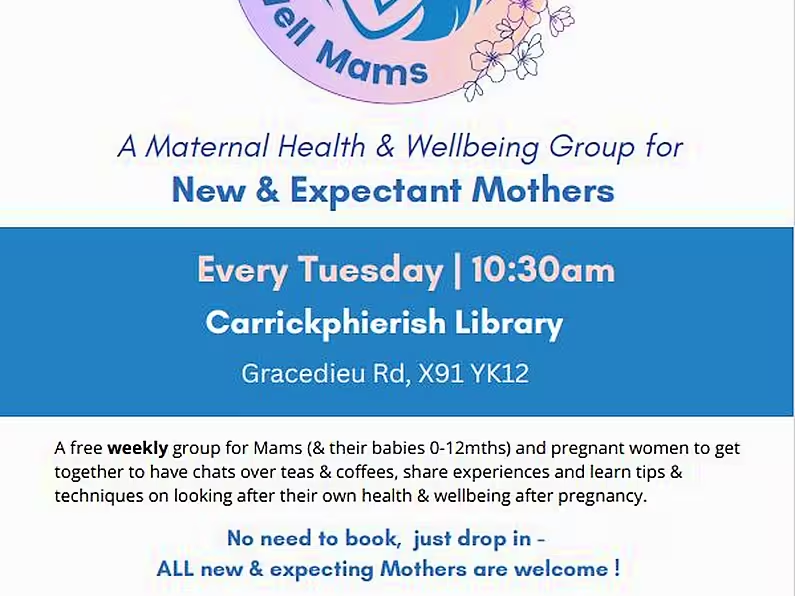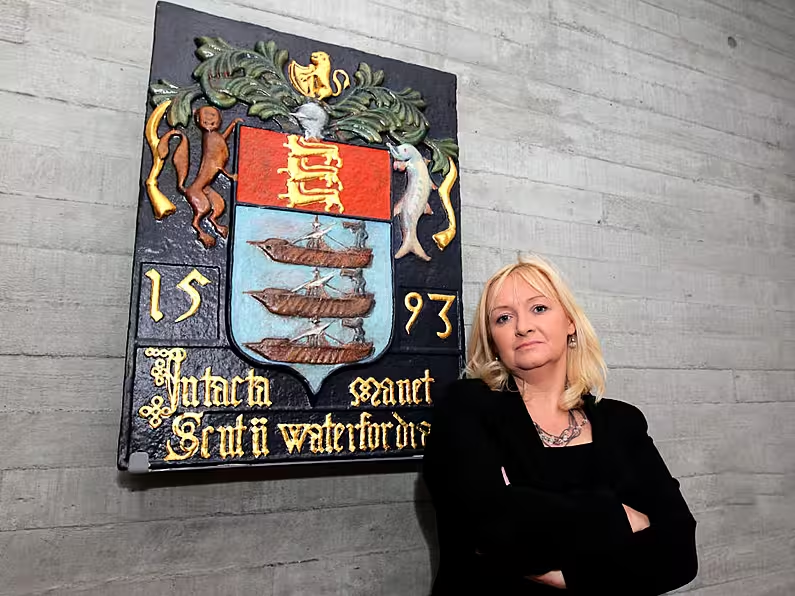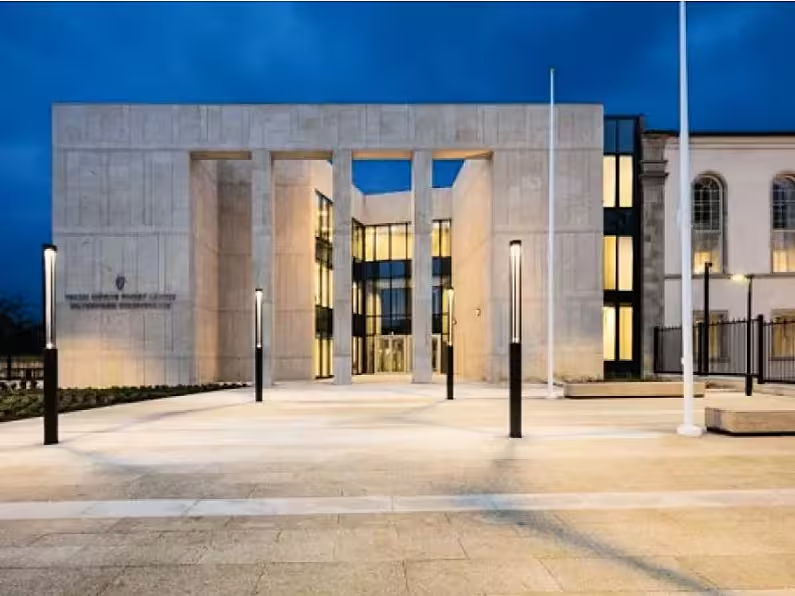James Cox
The dental treatment scheme for patients with medical cards is on the verge of collapse, dentists have warned.
Around 1.5 million are entitled to the Dental Treatment Services Scheme (DTSS) for adults, but dentists have been calling for a complete overhaul of the system for a long time.
The Health Service Executive (HSE) signs contracts with dentists to provide the treatment, but many dentists have been leaving the scheme, alleging poor conditions both in terms of fees and the limited treatment available to patients.
For many of them, the Department of Health’s failure to deliver on promised support in relation to personal protective equipment (PPE) at the start of the pandemic was the final straw.
Fintan Hourihan, president of the Irish Dental Association (IDA) told Breakingnews.ie that the number of private dentists leaving the scheme has left the HSE “overrun”, while he warned the situation will only get worse without urgent action.
He cited the example of the Kildare/west Wicklow HSE region, where so many dentists have left the scheme recently that around 60,000 medical card patients in Kildare will struggle to access treatment.
Overrun
“Because there have been so many private dentists leaving the scheme because they’re unhappy, what’s now happening in Kildare and west Wicklow, there have been so many private dentists leaving the scheme that the HSE is now overrun. Many of these adults, there’s about 60,000 of them in Kildare, are saying to the HSE, ‘I can’t find a private dentist, I want the HSE to see me as a medical card patient’.
“The HSE is overrun, it’s also short-staffed for two reasons: they don’t have enough dentists to begin with but to make matters worse part of the public service dentists, who mainly work with children and special needs patients, are now being deployed to vaccination centres so to use a cliché, it’s the perfect storm.
“What the HSE in Kildare has decided, and it’s the first time this has happened across the country, is that they can only offer emergency dentistry and not routine procedures. That is going to cause real difficulty not only for medical card patients but also for children and special care patients who are now going to be left waiting to be seen for routine treatments and appointments.”
There are 19 of these regions across the State and Mr Hourihan said he has been told that others will likely follow suit, including one in the Dublin area.
“That means that the problem in terms of providing dental care is going to spread beyond the problems medical card adults are experiencing because it’s going to impact on children and special care patients because there’s a spill-over.”
Mr Hourihan warned that the scheme is “collapsing rapidly” and is in urgent need of Government attention.
“We’re astonished because three weeks ago Stephen Donnelly addressed our AGM and said: ‘Oh yes, I’ve instructed my officials that they need to sit down with the IDA and talk about fixing this,' and three weeks on we haven’t heard a dicky bird from anyone.
“I think the problem has been accelerated by the decision made by the HSE in Kildare, I think that’s going to be replicated in other parts of the country. We’ve been saying this for years, we’re at a loss. By the way, this is nothing to do with the cyberattack, it’s mainly pre-Covid.”
Mr Hourihan added that most dentists had stuck with the scheme despite cuts to the fees paid to them by the State.
“The fees were reduced on two occasions in 2010 and 2011. They were last increased in 2007, all through that period dentists were prepared to stick with the scheme but what I think changed in the last year is their operating costs increased, obviously it’s a very stressful period for everyone.
“On the other hand, the demand for dental care for private patients is increasing. On the one hand you’re saying, ‘my operating costs overall are increasing, I’m in a scheme where the fees are completely out of date on one level and with private patients I can charge fees that reflect my operating costs’, then I’m not surprised people are saying ‘look, I’ve a business to run here, I can’t afford to continue in the medical card scheme’.
“The way the Government made promises and didn’t deliver on something as simple as PPE, we saw that.
“GPs, nursing homes and other community based health services were provided with PPE. Dental practices were promised it this time last year and told they’d have it within seven days, nothing has happened.
'Final insult'
“From all the phone calls I’ve had from dentists in the last while, many of them have said that was the final insult.
“Dentists are in close proximity to patients, spray is one of the risk areas, saliva basically, you’re in very close proximity. They were saying ‘surely they must understand we are in a high risk setting?’.
“A lot said, ‘look, I can manage without this scheme, I want to see patients, but this is an insult'.
“It’s a scheme that’s been in need of replacement for close to two decades, to do nothing about it but to promise help and not to deliver on it that is really the final insult and a lot of dentists are leaving the scheme because they believe that’s the only way it will register with them [government].”
Mr Hourihan said real change will need to be made to the scheme, rather than token alterations.
He said 1,600 dentists were still holding contracts with the HSE a few months ago, but “as few as 770 dentists were paid for treating patients the previous months, that’s already evidence of a rapid decline in the scheme. If they’re waiting for the very last dentist to leave, if that’s the test they’re applying, then it’s mind-boggling to be honest”.
“Currently with the medical card scheme the State pays for as many extractions as deemed necessary, it restricts the number of fillings, it allows once examination per year and lots of other aspects require approval,” he added.
“Nobody is happy about walking away from the scheme, a lot of these patients would have been with the dentist for decades and that’s not a comfortable conversation.
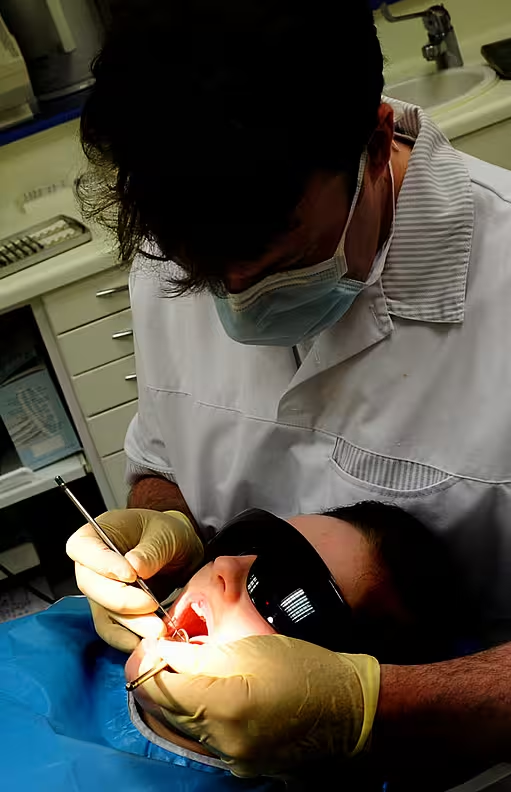
“There’s more evidence that it’s registering with politicians. We were called to the Oireachtas joint committee on health about a month ago, so there are more constituents knocking on clinic doors, but we’re still not seeing any action on the part of Government.
“A successful outcome would be that a large cohort of general dentists would sign up to a new scheme that would allow medical card patients to see a local dentist.”
Dr Jane Montague Peters runs a practice in Gorey, Co Wexford, and she is one of the dentists who recently withdrew from the scheme.
She told Breakingnews.ie the decision was extremely difficult but that her “palpable frustration” with the Department of Health over the lack of PPE support was the final straw.
“Last May the IDA had negotiations with then-Minister for Health Simon Harris, and we were advised that we would be supplied with PPE by the HSE through the HSE procurement, we filled in a form and to date we have received no response and not one mask or pare of gloves, no PPE at all.
“In my own situation the disparity between the HSE dental fees and the real and genuine cost of running a dental practice today, the disparity is too great.”
We’re seen as a poor relation.
“Before Covid I was in a situation where we were breaking even on a business level financially with the scheme but with a combination of the increased costs of PPE, reduced capacity, so we’re seeing two-thirds of the patients we would have seen pre-Covid, it has just become financially unviable,” she explained.
“We feel empty promises were made, but ultimately what I see the failing as is that dental health isn’t seen by the Department of the Health or the minister as an integrated part of the healthcare system. We’re seen as a poor relation.”
Dr Montague Peters qualified in 2003, and she signed up to the DTSS scheme that year.
She described the decision to leave it after 18 years as “hugely difficult”.
“I’m aware that some of those patients may no longer be able to attend, or they’ll only be able to attend when they have acute pain. My role as a dentist in Gorey in the community is the prevention of dental disease, and we can no longer do that when the patients have a lack of accessibility to come in to see us.
“It’s your head and your heart really, ultimately I’m running a business single-handed, we don’t get any support like our GP colleagues would have as regards staffing costs, PPE or anything like that, so since we started back in May 2020 as a practice we have been absorbing the additional cost of PPE and physically and financially we can no longer continue to do so.”
She feels the main flaw with the current medical card scheme is that it is treatment led rather than focusing on prevention.
“Since the cuts to the medical card scheme in 2010 it has been very much a treatment led approach to dental care rather than the emphasis being on prevention.
“What I see happening already is that by the time the patients get to see us their oral health is already significantly deteriorated and as a result they are going to have poor treatment options and poor treatment outcomes.
“Most oral illnesses are preventable and can be treated in early stages, when we can no longer see patients early it will no longer be the small filling, they will be running the risk of needing root canal treatment or extractions and that has a huge mental and physical impact on people’s health.”
Children's oral hygiene
Dr Montague Peters said children's oral hygiene is already a huge issue, which has worsened during the pandemic.
“What I’ve seen between school closures and lockdowns with the pressures of parents working at home I’ve unilaterally seen a decline in children’s oral hygiene along with a significant increase in sugar intake, so I feel dentistry in Ireland today is moving backwards, what the HSE has also done is they have removed HSE dentists from public health clinics, and they’ve been removed to work as Covid vaccinators, so the school system has ground to a halt, this means children can go through the whole of primary school without being seen by a public health dentist which is just storing up problems for them for the future.”
She also pointed out that dentist often spot serious conditions, including oral cancer, early, however, with less medical card visits this kind of prevention could slip through the cracks.
“We’ve been hugely let down by the Department of Health. Most oral health conditions are largely preventable, people aren’t making the link between their dental health and their general health and there have been proven studies showing the link between periodontal disease and cardiovascular disease or diabetes and even dementia and Alzheimer’s.
“By not having availability to oral healthcare in the community for a lot of people, the burden of these diseases will only increase.
The Health Act sets out an obligation for Government to provide medical care for medical card holders and in my opinion they are certainly not meeting that obligation at all.”
“In my own practice I have diagnosed oral cancer and other conditions.”
“Since Covid there are about a quarter less dentists operating under the DTSS so what that means for everyone is a longer wait for access to dental care, particularly emergency dental care, and that’s going to be felt most acutely by lower socio-economic groups,” she explained. “Because that quarter of dentists like myself that have resigned from the scheme, people will have to pay privately for treatment that may have been covered under the medical card before.
“Since 1970, the Health Act sets out an obligation for Government to provide medical care for medical card holders and in my opinion they are certainly not meeting that obligation at all.”
A Department of Health spokesperson told breakingnews.ie: “The Department is aware that there has been a reduction in the numbers of dentists participating in the DTSS since the beginning of the current Covid-19 pandemic. Some people are experiencing problems in accessing a service close to their home, however, the HSE has assured the Department that their local services on the ground will assist any persons who are experiencing problems in accessing a service.
“The Minister has asked the Department to work with the HSE and the profession to develop solutions that will ensure the sustainability and viability of the DTSS so that all eligible persons can continue to receive the services that they deserve from their local dentist of choice.”





